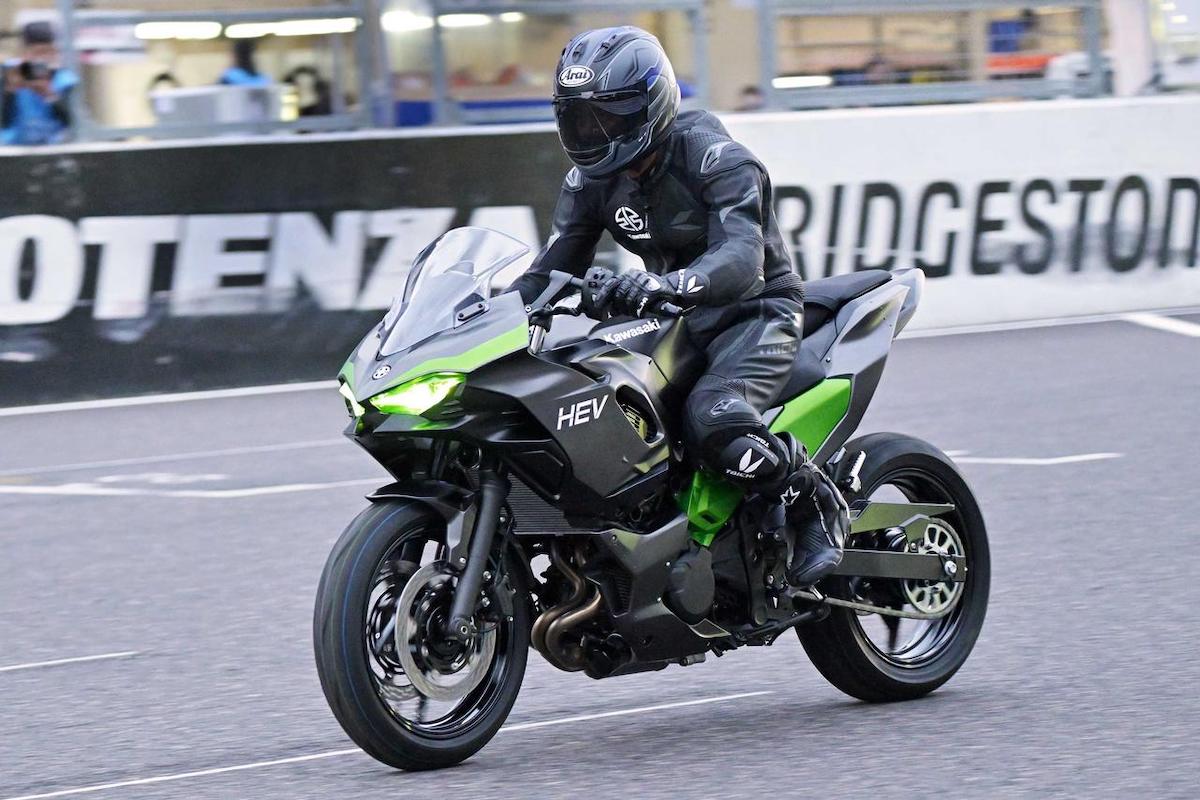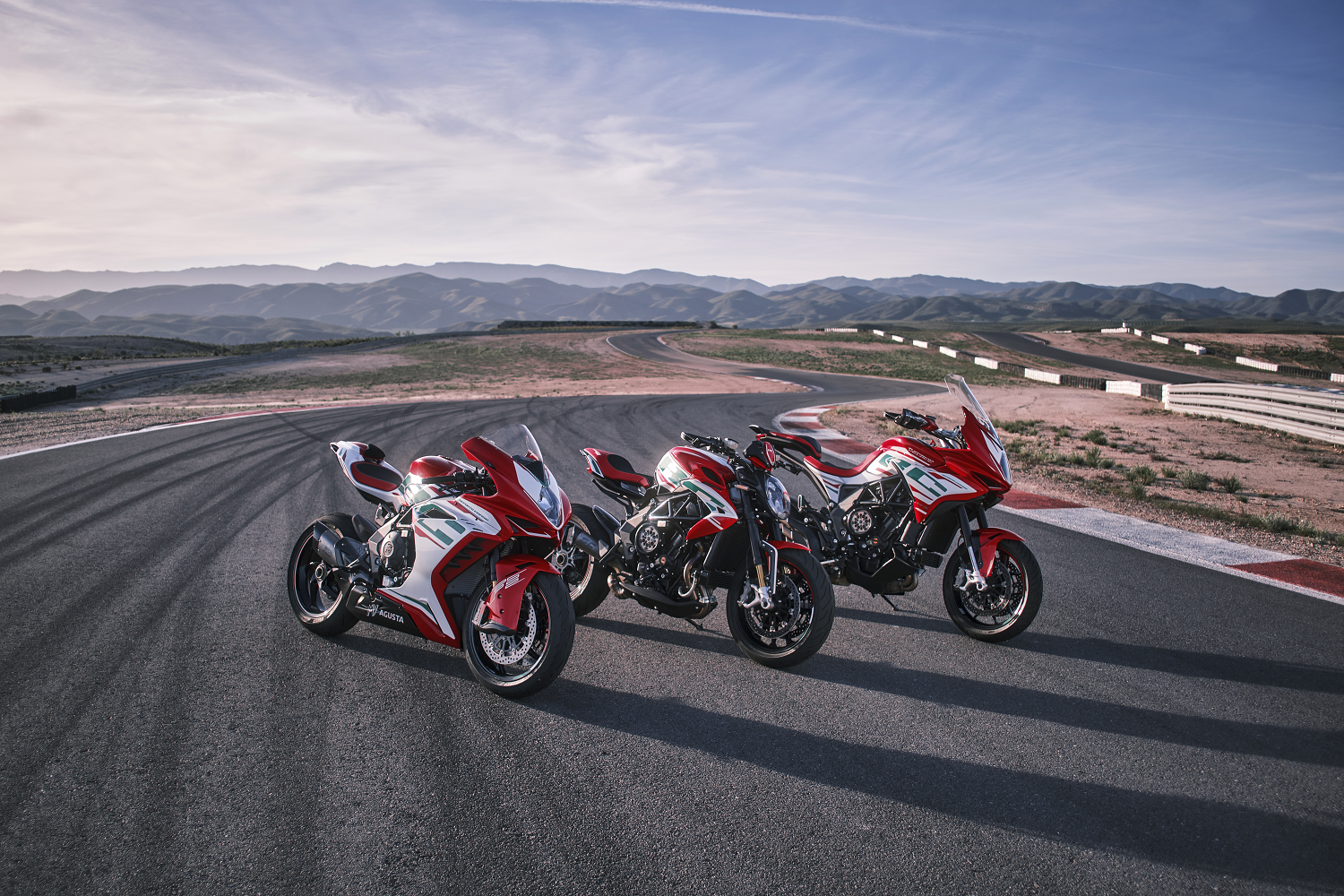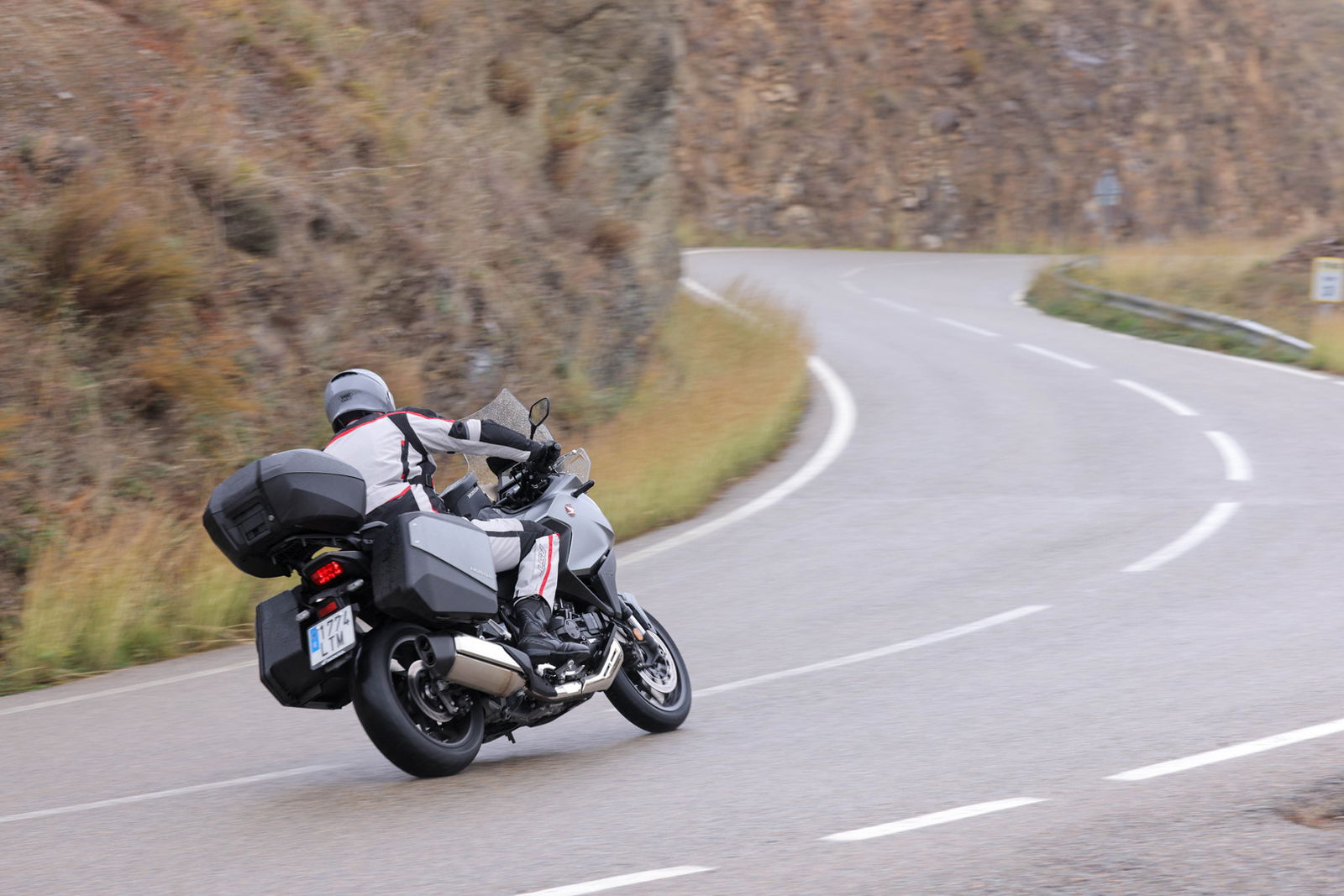Kawasaki partners with Toyota in major hydrogen engine development deal
Kawasaki announces it will collaborate with Toyota - the world's largest car manufacturer - on the development and infrastructure of hydrogen power

Kawasaki has announced it has signed an agreement with Toyota to pool resources and work on the development of hydrogen engines for future motorcycles.
Already one of the most pro-active mainstream manufacturers with regards to developing sustainable future-proof alternatives to the ICE - including hybrid and electric technology - it is also forging ahead with innovations in hydrogen power.
While Kawasaki stands out from rivals for investing in hydrogen technology, it has emphasised its commitment by joining forces with Toyota, the world’s largest car manufacturer.
The deal with Toyota offers many benefits to Kawasaki, not least the fact the Japanese firm is already at an advanced stage of innovation in this area stretching back some 30 years, thus speeding up development.
The company has even launched the Toyota Mirai - the world’s first dedicated commercially available hydrogen fuel cell car - of which more than 2,600 examples were sold globally.
The deal was agreed earlier this month when Toyota President Akio Toyoda drove a hydrogen Kawasaki ATV at Motegi using a motor otherwise developed for use in a motorcycle.
"There should be a variety of options to reduce carbon dioxide emissions," Toyoda told reporters at the event. "I hope the government will support the output by technological innovations like this, rather than stopping us with regulations."

Kawasaki = Team Greener
At a time when the motorcycle industry is bracing for the phase out of fossil fuel powered ICEs in favour of the next generation of electric-powered power units, Kawasaki is already exploring other sustainable means of vehicle power.
Indeed, while the two-wheel industry has been sluggish to initiate a shift towards alternative power in readiness for 2035-2040 - when ICEs are banned for use on brand-new models - Kawasaki has made no secret of its ambitious plans to go green.
After announcing at the 2021 EICMA show that it plans to have completely ditched ICE use across its range by 2035, Kawasaki is expected to reveal its first electric motorcycle at this year’s event, plus a sportsbike using hybrid technology.
However, while hydrogen has notable benefits over both fossil fuel and electric power - specifically its zero emissions and quick fill-up - the gains are negated by current environment-harming extraction methods.
Also, due to its relatively scant use on a global scale, hydrogen remains expensive, with the costs - around 9x higher charging an electric vehicle - passed onto the consumer.

